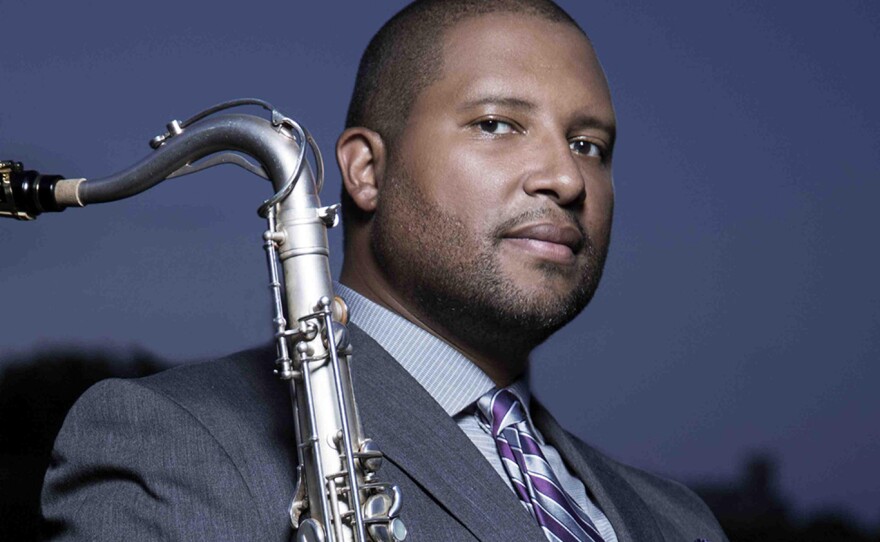Each track of the album pays tribute to the memory of Greene's daughter, Ana.
Connecticut Jazz Saxophonist Jimmy Greene's album Beautiful Life has garnered two Grammy award nominations. The record celebrates the life of his daughter Ana, who was killed in the Newtown tragedy three years ago.
In the liner notes for the album, Greene wrote, “Much attention has been paid to the way in which my precious Ana died, but this album attempts to paint the picture of how she lived - lovingly, faithfully and joyfully.”
Speaking last year on WNPR's Where We Live, Greene said each track of Beautiful Life pays tribute to Ana's memory, including his rendition of "Maybe" from the Broadway show "Annie."
"Ana knew the songs in 'Annie' by heart, and as we were driving around, she would sing this song in the back seat, a capella," Greene said. "The sound of her voice, which was beautiful, always stuck with me, and still does to this day. So when we were recording this I wanted to record just the melody, because that is what she would sing, and I wanted to record it on an instrument that would reflect her vocal range, so I chose soprano sax to play it."
Beautiful Life is up for two Grammys, one for Best Jazz Instrumental Album, the other for Best Arrangement, Instrument and Vocals for the track "When I Come Home."
Jazz writer Michael Verity called it the most important jazz record of the year, because it "speaks to the breadth of human emotion, from deepest sadness to greatest joy."
The Grammys are awarded on February 15.
Coming up this Thursday on WNPR's Where We Live, listen for a rebroadcast of John Dankosky's discussion with Jimmy Greene and his wife, Nelba Marquez-Greene, about the album, and about coping with the tragedy of the loss of their daughter.



